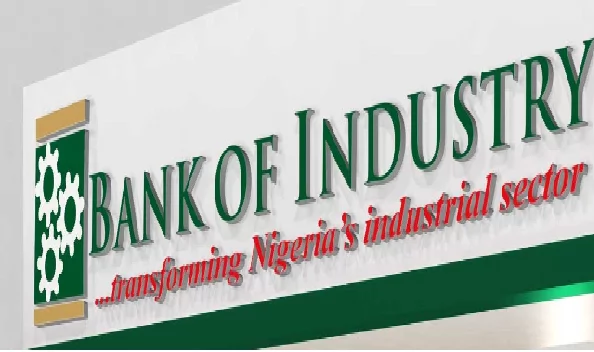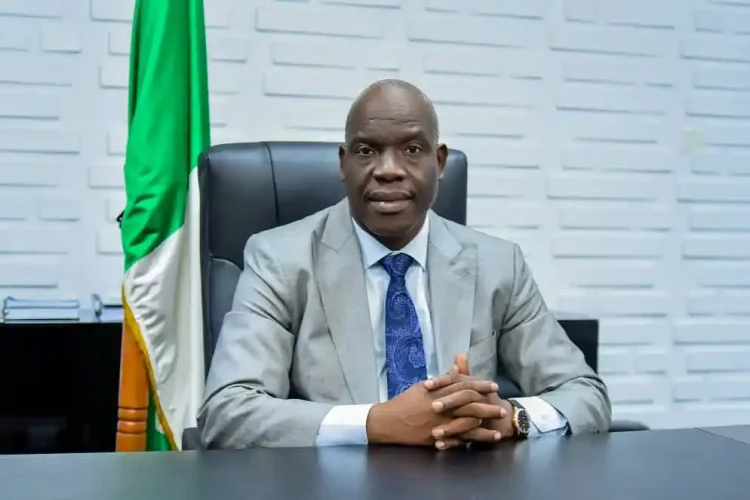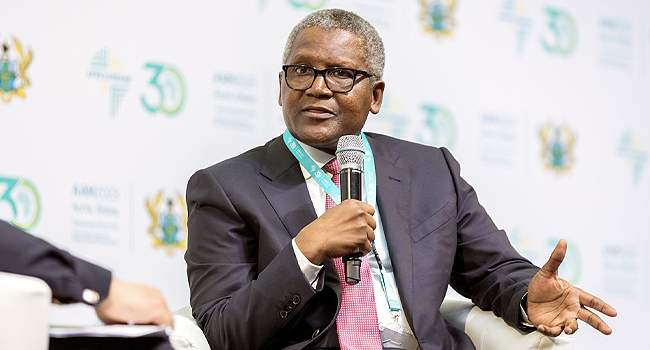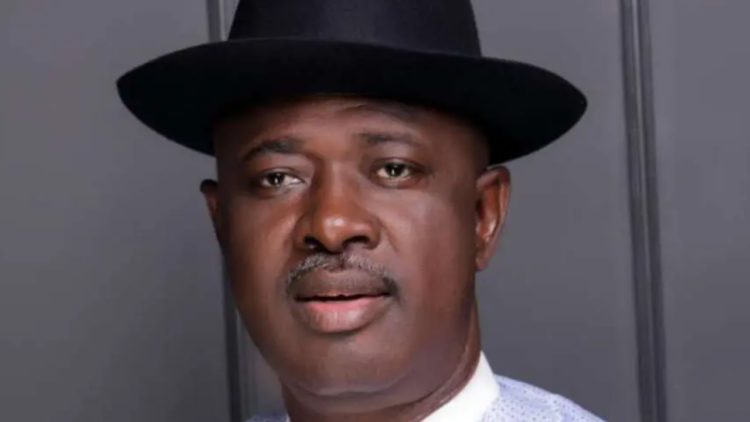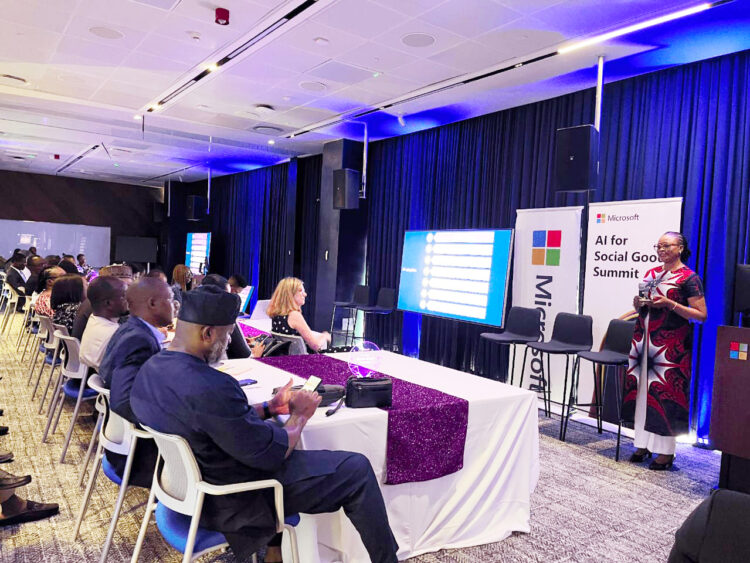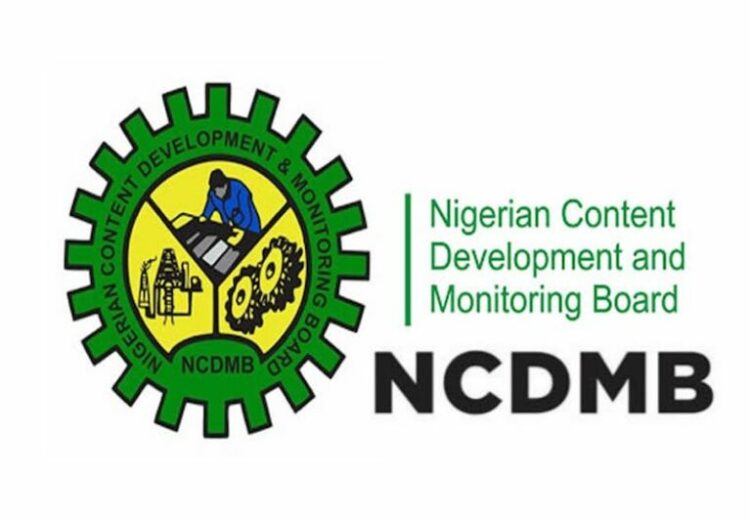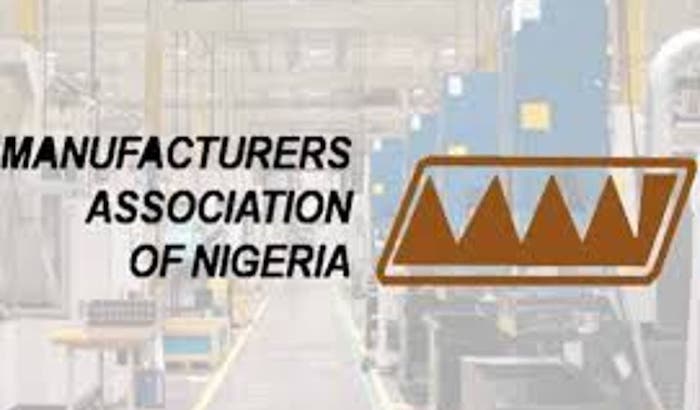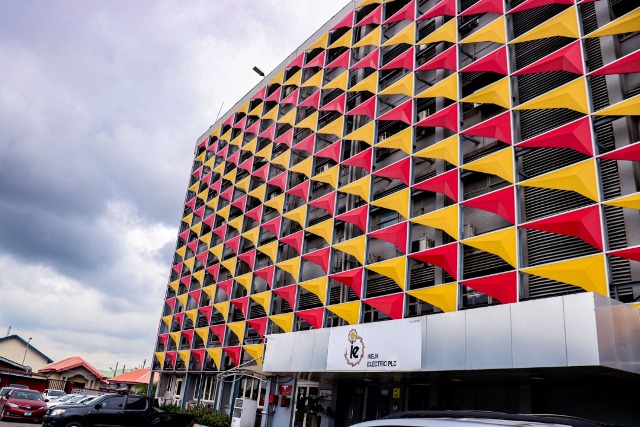
Ikeja Electric, IE, said it has adjusted its tariff following an order from the Nigerian Electricity Regulatory Commission, (NERC).
This is as the tariff for Band A customers of Kaduna Electric have been reviewed upward from N206.80/kWh to N209.5/kWh effective from July 1, 2024.
The management of the DisCos announced the upward review of electricity tariff for customers on Band A feeders via a notice to its customers posted on its website.
The utility company said this follows the approval given by the regulator, Nigerian Electricity Regulatory Commission (NERC) for operators to carry out monthly market review for power supply to Band A feeders based on changes in the macroeconomic parameters, like foreign exchange rate, Inflation rate and gas price.
The adjustment is attributed to the rising costs of gas, which affects the cost of power generation, as well as fluctuations in foreign exchange rates.
These factors have made it necessary for the utility company to review its tariff rates to address market shortfalls, ensure liquidity in the sector, and ensure adequate product pricing.
Recall that in April, the Commission approved an over 200 percent hike in electricity tariff for Bank A customers from N66/per kWh to N225/kWh citing increased foreign exchange rate from N919/$ to N1,463.
However, in May, the Commission approved reduction of electricity tariff for Band A customers from N225 per kWh to 206.8/kWh representing a drop of 8.1 per cent.
Though Kaduna DisCo is the first to notify the public of this upward tariff review, it is expected that the review is across all the DisCos and is the outcome of July 2024 Supplementary Order of the Multi Year Tariff Order (MYTO) from NERC. Recall that NERC is now implementing a monthly tariff adjustment to reflect changes in the average exchange rate, inflation, and other pass-through indices.
This is a departure from the previous MYTO structure which set tariffs for five-year periods with interim adjustments every six months.
The new monthly MYTO review allows NERC to quickly adjust tariffs to reflect rising costs,
Meanwhile, according to the Public Notice signed by the Head of Corporate Communication of Kaduna Electric, Abdulazeez Abdullahi, the current review which affects both prepaid and postpaid takes effect from 1st July, 2024.
While assuring it’s customers on Band A feeders of continued availability of 20-24 hours supply daily as stipulated in the Service Based Tariff regime, Kaduna Electric noted that the tariff for Bands B, C, D, and E remains unchanged.
Spokesman of the Electricity Distribution Company, Kingsley Okotie, in an information shared with our Correspondent, said the regulator approved the upward adjustment of the tariff for customers in Band A.
The increase is the third in the last four months.
Also, the Acting Managing Director, IBEDC, Francis Agoha, in a notice said the Commission approved the tariff from N206.80/kWh to N209.50/kWh for users in the category.
According to Agoha, the tariffs for Bands B, C, D, and E remain unchanged.
The statement read, “Effective immediately, the tariff will be adjusted from N206.80/kWh to N209.50/kWh. This review has been duly approved by the Nigerian Electricity Regulatory Commission (NERC) as captured in the multi-year tariff supplementary order.
“The adjustment is necessitated by several key economic indices, including fluctuations in the exchange rate, the current inflation rate, available generation capacity, and the cost of gas. These factors have significantly impacted operational costs, and the new tariff will mitigate these financial pressures while continuing to deliver high-quality electricity services.
“It is important to note that this adjustment affects only our Band A customers. The tariffs for Bands B, C, D, and E remain unchanged. We remain committed to providing reliable and efficient electricity services to all our customers across different bands.
“We understand that any change in tariffs can be a concern for our customers, and we assure you that this adjustment is necessary to maintain and improve the quality of our services. Our goal is to ensure that you receive the best possible value for your money,” Agoha said
Copied


